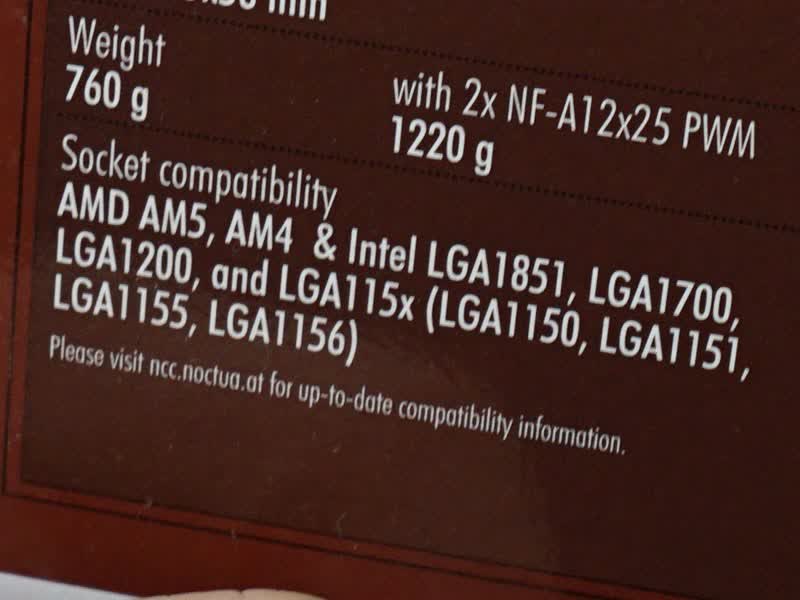[ad_1]
Why it matters: Buying a new motherboard usually means building a new PC from scratch, as new socket requirements necessitate numerous new components. However, recently released CPU coolers have included fine print confirming cross-compatibility with Intel’s upcoming Arrow Lake lineup, potentially helping DIY builders save money in that area.
A close examination of the specifications for Azza’s Cube 360 AIO cooler reveals that it supports Intel’s current LGA-1700 socket and the upcoming LGA-1851. Combined with prior information, this confirms that many DIY users upgrading from older Intel processors to the forthcoming 15th-generation Arrow Lake series can likely reuse that component.
The instruction manual and product page list multiple compatible Intel sockets, including LGA-1700 and 1851. Some other Azza coolers, but not all, also appear to support both generations.
When specification documents for LGA-1851 emerged earlier this year, they suggested that their dimensions were similar enough to LGA-1700 that manufacturers could offer coolers compatible with both. Noctua became one of the first companies to confirm this in September when Japanese retail packaging confirmed that its NH-U12A cooler featured forward compatibility. Noctua’s website currently lists cross-support on several models.

While the last few generations of Intel desktop CPUs have supported the LGA-1700 socket, the upcoming Arrow Lake series will move to the new LGA-1851, requiring users building systems with 15th-generation processors to buy new motherboards. The new boards and CPUs also require DDR5 RAM, which could further increase costs for those who didn’t switch while using a Raptor Lake.
Intel promises that the expensive upgrade will provide a dramatic performance uplift compared to 13th and 14th-gen processors. Expected to launch in the second half of 2024, Arrow Lake uses Intel’s 20A process node, which features backside power delivery and the company’s RibbonFET gate-all-around transistor design.

Image credit: Akiba PC Watch
Furthermore, Arrow Lake builds on the significant chip redesign Intel plans to introduce with Meteor Lake. Scheduled for a December 14 unveiling, Meteor Lake initiates the switch to a chiplet-based structure and incorporates neural processing units for AI workloads. However, unlike Arrow Lake, Meteor Lake won’t come in a socket-compatible form for DIY customers – it only supports laptops and all-in-one products.
The company intends to follow Meteor Lake and Arrow Lake with the laptop-focused Lunar Lake and the general-purpose Panther Lake in 2025. Leaks suggest Intel CPUs could continue using the LGA-1851 socket until 2026, so some users might continue using their current coolers for a long time.
On the Red Team’s side, many LGA-1700 and 1851-compatible coolers also support AM4 and AM5 sockets. AMD used AM4 for multiple generations of Ryzen processors, but the latest series, Zen 4, forced builders onto AM5 and DDR5. However, the situation regarding cooling compatibility is similar to that of Intel.
[ad_2]
Source link



